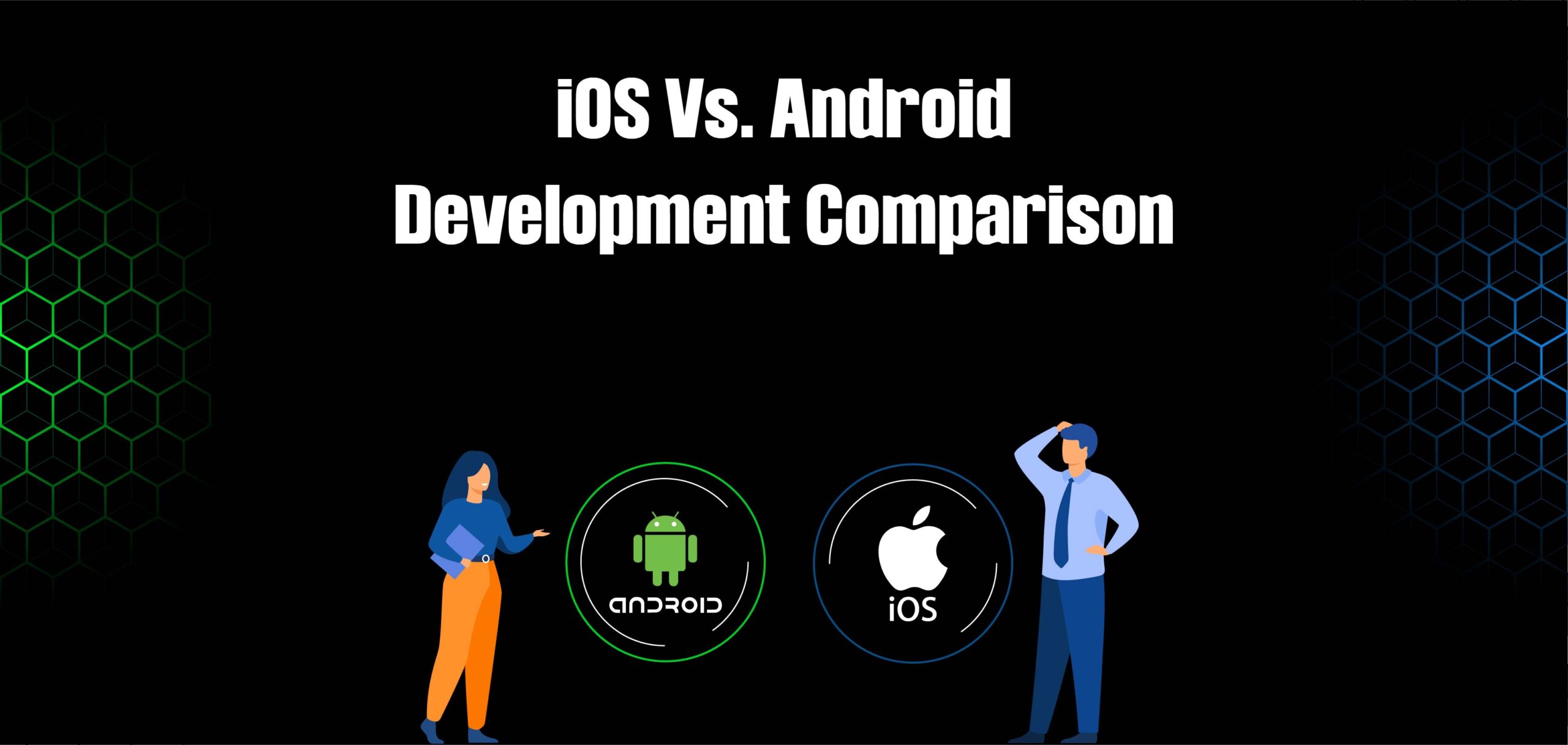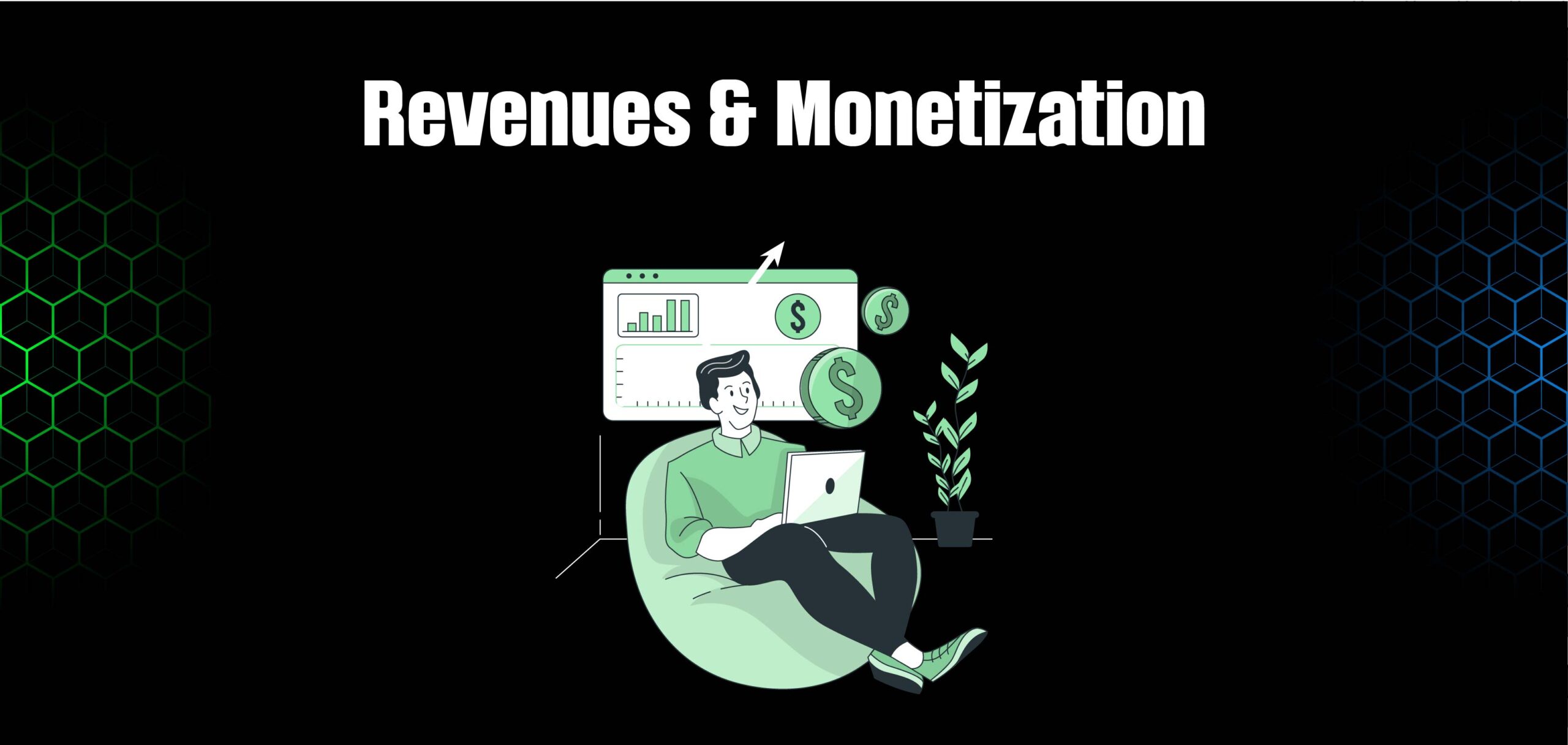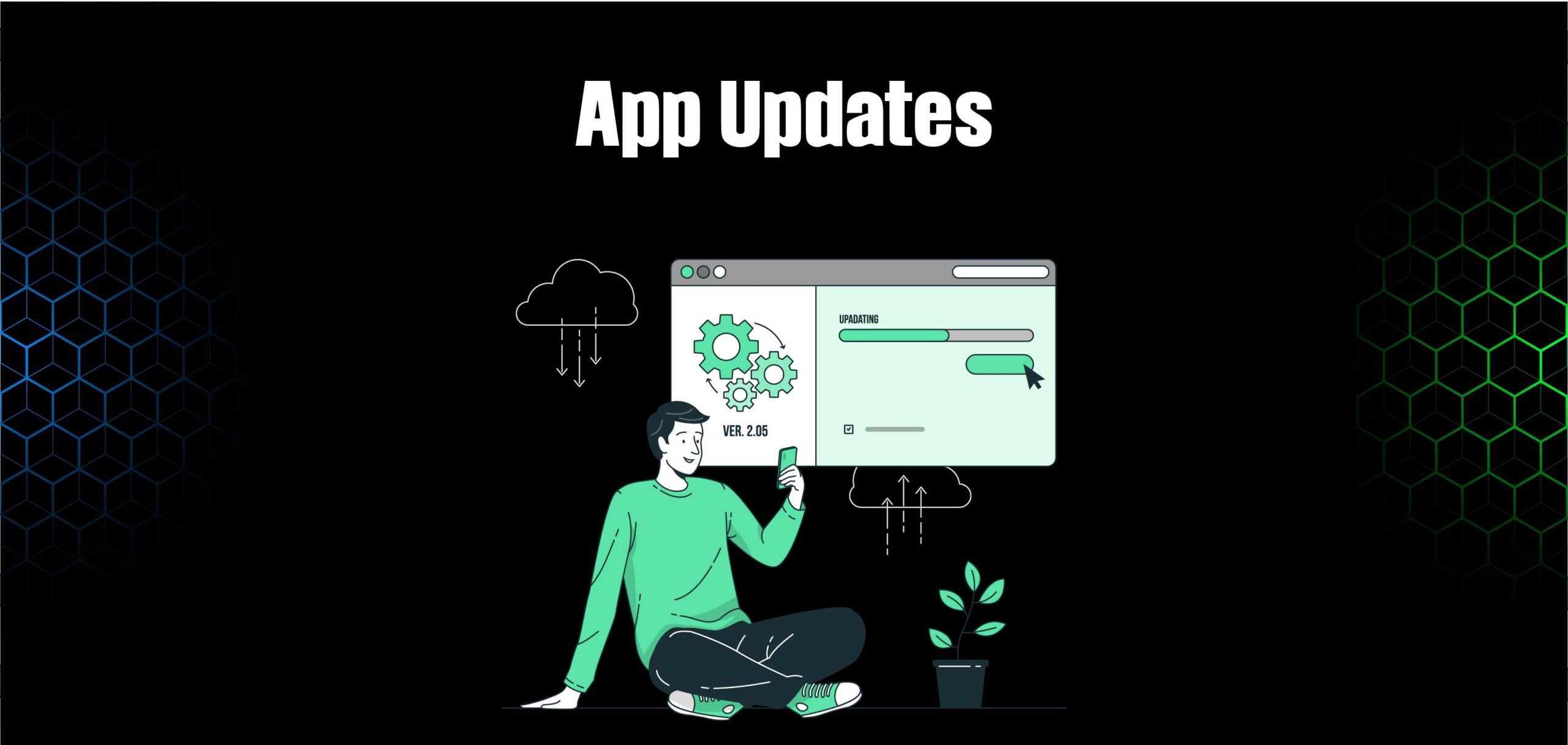During the time of COVID-19 pandemic, the use of the mobile reach to its peak level and because of this mobile application development has also received a huge influx of interest, as businesses were forced to move online quickly and fully.
Developing a mobile app is a powerful way of boosting an existing business. This is an opportunity to gain customer loyalty, offering them the convenience of using your services on a smartphone or tablet.
Have you ever wondered how to decide between the iOS vs. Android Development debate to get the best of your app? Mobile app development has proven to be a complex endeavor, and from the very beginning of the process companies and developers are faced with challenging questions when it comes to operating systems. Most likely, they face questions like this one:
“Should we develop an iOS app or an Android app?”
That’s why in this post we analyze the differences between the two alternatives so that you can choose what’s best for your company.
The App Market
Since the surge in the number of mobile applications several years back, the demand for fast and convenient apps has been only increasing. In 2020 alone, it is estimated that users dedicate approximately 87% of the time they spend online to mobile applications.
With iOS and Android owning 97 percent of the global mobile market share, the ideal approach to mobile app development is to build and launch for both platforms. However that’s not always possible – constraints like time, budget, and resources can prevent you from developing for both OSs at once. Instead, you may want to consider launching on one platform first and then introduce a second platform at a later date.
Choose iOS development in the following cases:
• You want to generate higher revenue per user
• You are looking for a less complicated development process
• Your priorities are user data security and privacy
Choose Android development when:
• You want to reach a wider audience
• You are in tight deadlines to get the app to the Store
• You want to customize the app
iOS vs. Android development comparison

1. Future prospects
Android devices are now holding 74.4% of the global market share, which makes the future of Android app development extremely promising. iOS devices are getting cheaper and gaining more and more popularity due to their high performance and constant innovation. Overall, it’s not productive to base your iOS vs. Android app development choices on the future outlook since both platforms will not lose popularity within the next few years.
2. Geography
First of all, you need to think about your target audience. Who are the potential users of your application? Where do they live? As you remember, the percentage of iOS and Android is different in different regions. Plus, according to various studies, iOS users tend to show higher engagement rates and in-app purchases, and the largest number of app downloads belongs to Android. So, combine data on the popularity of platforms in the regions with your business goals to determine which platform to choose for your mobile app.
3. COST
The scope and complexity of the project determine the cost of developing a mobile app. There is no much difference in how much an Android or iOS app will cost you. Of course, if Android development takes longer, it makes the process of creating an app more expensive. However, if you limit the number of Android devices and target certain OS versions, the development cost will be relatively equal.
4. Revenues and monetization

Despite the unspoken assumption that the bulk of financially secure users are owners of devices based on iOS, it is wrong to claim that Android users don’t want to pay for apps. For one thing, most of the world’s mobile users have Android smartphones, among which there are models in the middle and high price segments which cost the same or even more than Apple devices. Equally, there are increasing numbers of iOS device owners who are not ready (for whatever reason) to part with their money in favor of paid software. Therefore, despite the fact that iOS users still spend more money on applications than Android users (the difference was almost $9 billion in 2020), the user base of the latter OS is still so large (as you can see, the market capitalization is estimated at billions of dollars) that you shouldn’t worry about the lack of potential users of your future software.
What’s more, the choice of the platform depends on the selected monetization strategy. Therefore you have to decide:
• where you plan to receive income: from installing the application or from embedded advertising.
• whether there will there be paid features and premium accounts.
• whether your target audience is ready to make in-app purchases.
So what about monetization for iOS and Android? Previously, the Android store had a lot of free apps that made money only by advertising, while on iOS, in contrast, there were many products that could only be downloaded at a cost. These days the monetization strategies for both platforms are almost the same — paid and free apps are available on both Android and iOS.
But most popular on both platforms is the shareware model: the user does not pay for the download but subscribes to the opportunity to use it further or buys something within it.
App security
The App Store is safer to get apps than Google Play because of the complicated application uploading and moderation process. There’s less chance of being fooled by a malware supplier. In the case that your app has been approved for distribution on the App Store, you can be reasonably confident in its security. However, it may take a few days for Apple to accept your app, whereas Google will only wait a few hours.
App Updates

Both operating systems release new OS updates once a year. Thus, consider that updating the iOS apps for the new OS release may take up to two weeks and impact your product roadmap and business strategy. As for Android, it will take several hours to publish the new app release.
So which platform to choose first?
When deciding between iOS or Android development, consider the following factors:
• user location,
• your budget and development time requirements,
• how unique you want your interface to look, and
• your target audience.
Although there are many more Android vs. iOS development differences, this list covers the most critical points when picking the initial platform for your application. Overall, both operating systems dominate the market, have a good future outlook, and appeal to extremely large audiences in all fields.
With two platforms walking so tightly in lockstep, distinguishing which one is right for you can be difficult and time-consuming. At Eastern Peak, we have extensive expertise in delivering custom mobile solutions that correspond to the smallest specifics of our clients’ businesses. Contact us today to get a free consultation and bring your mobile app idea to life.
